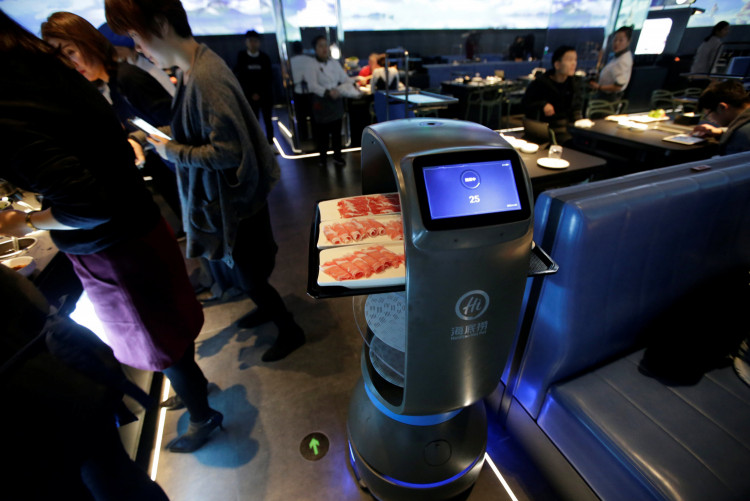While citizens from big countries rally against their governments' perceived data breaches which were done to advance their nation's technological ambitions, the Chinese population begs to differ, according to Edith Yeung, head of 500 Startup's China unit.
The Chinese citizens' attitude towards the development of artificial intelligence is driving the growth of the technology in the Asian powerhouse, Yeung told CNBC during the East Tech West which is an invite-only tech event held in Nansha district of Guangzhou, China.
Yeung said Chinese people treat the issue of data protection of less importance than their country's ambition to become the leader in artificial intelligence. For instance, the Chinese are aware that there could be online platforms that could have access to their data when they sign up for services, but, they are "okay" with having their data analyzed. Yeung said they have this attitude because their nationalistic pride is stronger than their desire to have their data in private.
Yeung highlighted that the mindset of placing China as number 1 country in AI is much greater than merely wanting to uphold data privacy. In comparison, Europe implemented the General Data Protection Regulation in 2017 following cries from the citizens for their government to value their data privacy.
The Chinese are proud to be able to participate in the AI movement and even prouder that the country is capable of competing with the United States.
Outsiders were also noting China's unique view of the issue of data protection. In comparing steps taken by China and the United States toward the AI race, Tristan Greene of TNW noted that the Asian powerhouse made it possible for the private sector, both businesses, and citizens, to share their data with the government. This action is "something far more valuable than money in the world of AI," Greene wrote. The Asian superpower had also regulation its education sector so that it produces more STEM workers, Greene said.
In 2017, McKinsey&Company also recognized that China's massive population is an important generator of huge volumes of data, making it an enormous market for tech giants that are investing heavily in AI developments.
The United States had also started acknowledging that its AI gap from China is rapidly decreasing. Air Force General VeraLinn Jamieson said the US estimated that China spent $12 billion in 2017 for its AI systems and would be spending about $70 billion by 2020.
A 2016 White House report also stated that China increased its number of AI patents by 200 percent and had published more AI-related journals than the United States.






